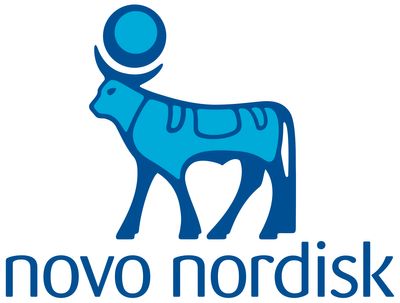

- Home
- Companies
- Novo Nordisk A/S
- News
- Dicerna Announces Two Targets Meet ...
Dicerna Announces Two Targets Meet Preclinical Proof of Principle Criteria in Neurodegeneration and Pain Under Global Research Collaboration and Licensing Agreement With Lilly
Dicerna Pharmaceuticals, Inc. (Nasdaq: DRNA), a leading developer of investigational ribonucleic acid interference (RNAi) therapeutics, today announced that Eli Lilly and Company (“Lilly”) has declared proof of principle for the first two targets in the companies’ exclusive relationship in neurodegeneration and pain, under the companies’ global research and licensing collaboration. This milestone triggers two single-digit multimillion-dollar milestone payments to Dicerna, which the Company expects to receive in the fourth quarter of 2021.
“We are very pleased to announce Lilly’s selection of two extrahepatic targets for advancement to preclinical development and initiation of associated IND-enabling studies under our discovery, development and licensing agreement,” said Bob D. Brown, Ph.D., Chief Scientific Officer and Executive Vice President of R&D at Dicerna. “These molecules represent the first targets under our collaboration with Lilly to address tissues outside the liver, highlighting the further expansion of our growing pipeline of RNAi therapeutics that address multiple tissues and cell types. With these nominations, we now have 18 core and collaborative pipeline programs in preclinical or clinical development, underscoring the breadth and productivity of our GalXCTM platform and discovery research capabilities.”
In 2018, Dicerna and Lilly announced a global licensing and research collaboration focused on the discovery, development and commercialization of potential new therapies for cardiometabolic disease, neurodegenerative diseases and pain. Including these two targets, there are currently seven candidates in preclinical or clinical development under the agreement that are targeted to address cardiometabolic, neurodegenerative or pain indications.
“We are encouraged by this early progress in our collaborative efforts to expand RNAi beyond the liver into areas of high unmet need, such as pain and neurodegeneration,” said Andrew C. Adams, Ph.D., Vice President for Novel Therapeutic Modalities at Lilly.
About RNAi
Ribonucleic acid interference, or RNAi, provides a unique advantage to other disease inhibitor technologies, like small-molecule pharmaceuticals or monoclonal antibodies. Instead of targeting proteins after they have been produced and released, RNAi silences the genes themselves via the specific destruction of the messenger RNA (mRNA) made from the gene. Rather than seeking to inhibit a protein, the RNAi approach can prevent a disease-causing protein’s creation, directly impacting disease manifestation.
